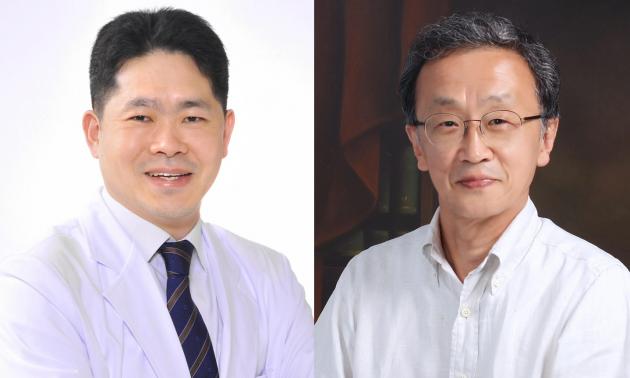Korean researchers have developed artificial esophagi through a successful animal experiment, drawing attention whether it could be applied to the human body shortly.
Professor Chung Eun-jae of Seoul National University Hospital’s Department of Otorhinolaryngology and Professor Shin Jung-wook of Inje University’s Department of Biomedical Engineering said Monday that they transplanted stem cells into a 3D printer-produced esophagus, cultured them in a bioreactor, and successfully transplanted the esophagus in a laboratory animal.

The esophagus looks like a simple organ, but it requires elasticity and resilience for the peristalsis process, a muscle movement that opens up the esophagus when food comes in and keeps it closed otherwise. The esophagus has to withstand not only physical stimuli but also food, microorganisms, digestive enzymes and gastric acid.
In particular, the insides of the esophagus through which the food passes should be separated from the insides of the human body, which is an aseptic organ. Otherwise, they could cause inflammation and necrosis.
At stake in a successful artificial esophageal transplantation is whether the transplanted organ could be regenerated with the same function as the patient’s actual esophagus in a short period.
The researchers built a supporter with nano-fibers and PLC, a medical polymer, in and outside the artificial esophagus to produce one as normal as possible. They then transplanted human-derived mesenchymal stem cells into the supporter and cultured them in a custom-made bioreactor for three days.
As a result, they successfully differentiated inner esophageal epithelium and the outer esophageal muscle cells, and the esophagus functioned normally when transplanted into rats.
“We moved a step closer to the development of artificial esophagus that can replace complex esophageal functions,” Professor Chung said. “We expect to start clinical trials soon as we completed the animal test successfully.”
Tissue Engineering, an international journal, published the study in its recent issue.

